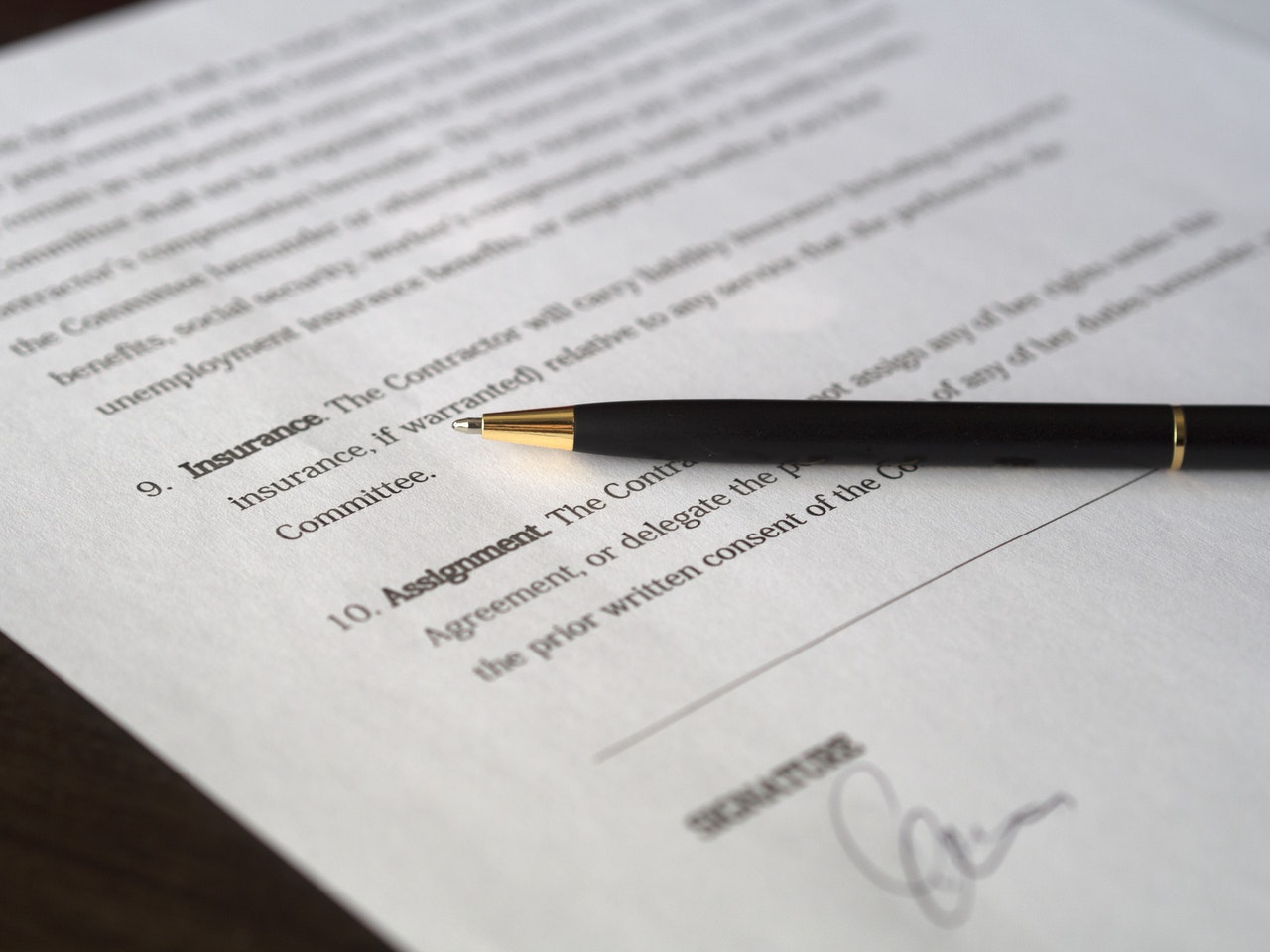The jargon surrounding home loans can be terribly confusing. Just when you think you’ve understood the difference between a general and special hypothec, special privilege rears its head – as if obtaining a mortgage were not stressful enough.
Today’s column by Marisa Said, who heads the Consumer and Microbusiness Finance Department at Bank of Valletta, continues a series of articles aimed at demystifying the world of credit.
Her previous An Expert Explains contributions have been on the sanction letter, the difference between secured and unsecured loans, collateral, and the difference between general and special hypothec.
Ms Said has over 30 years of experience in retail banking, most of which are directly related to mortgages, and is a key trainer in the area of home loans.

She explains:
A special privilege on a home loan is a legal right that gives the creditor (usually a bank) priority over other creditors when it comes to the sale of property in the event of repayment default by the debtor (the borrower).
The bank obtains a special privilege whenever it finances the purchase of an immovable property and/or its construction/finishing, and this according to law.
The special privilege gives a better ranking than a hypothec. This means that the bank will be paid first from the proceeds of the sale of the property, before other creditors, unless the latter have a privilege which gives them a better ranking according to law.
It is a type of security interest that provides additional protection to the creditor (the bank) and is commonly used in civil law jurisdictions as a safeguard.
Likewise, the special privilege remains in force even if the immovable property passes into the hands of a third party however subject to the abovementioned 10-year rule described in the article on general and special hypothec.
Special privileges are ineffectual unless they are registered in the Public Registry within two months.
An Expert Explains is a BusinessNow.mt initiative to improve economic financial literacy by inviting industry leaders to explain technical terms in a manner that can be understood by a general audience. If you would like to suggest a term or concept for our network of professionals to break down, or if you are an expert willing to contribute to this column, send us a message on our Facebook Page.
Government introduces mandatory physical inspection for vintage vehicle classification
From 1st September 2025, vehicles seeking vintage status must undergo a physical inspection by the official classification committee
Local filmmakers paid just €250 to screen at Mediterrane Film
The figure stands in stark contrast to the estimated €5 million total spend
Malta International Airport closes in on one million passengers in June
Meanwhile, aircraft traffic movement rose by 4.5 per cent year on year






